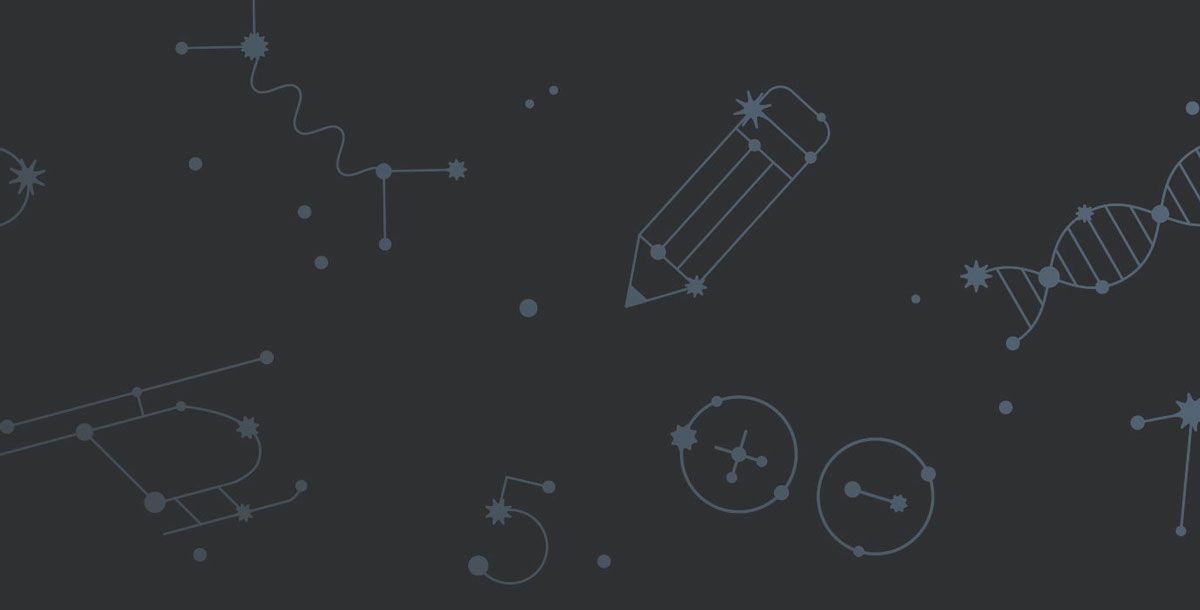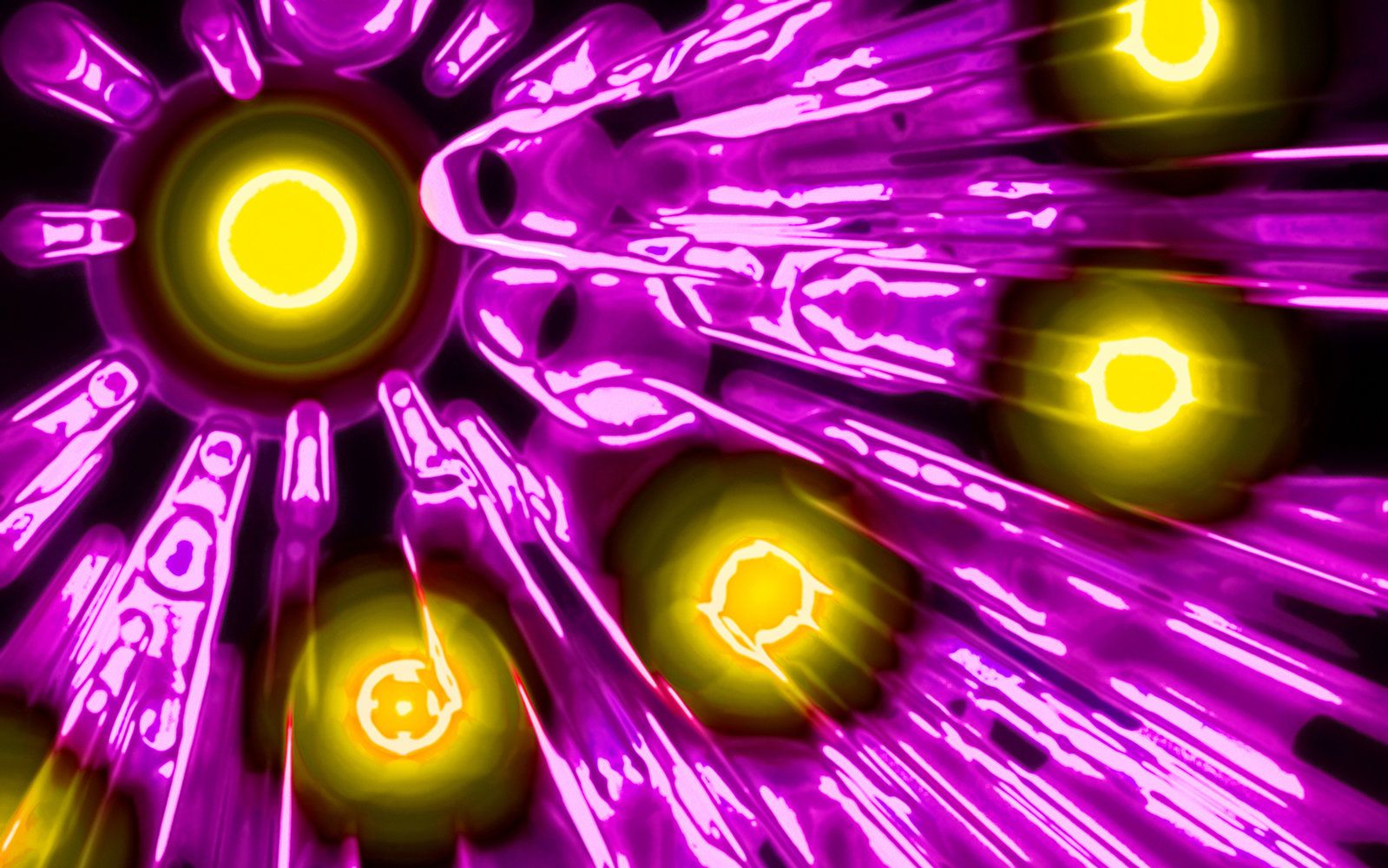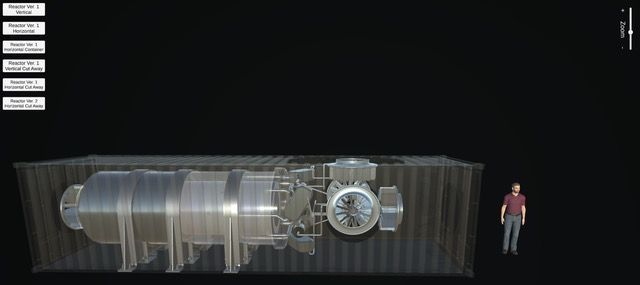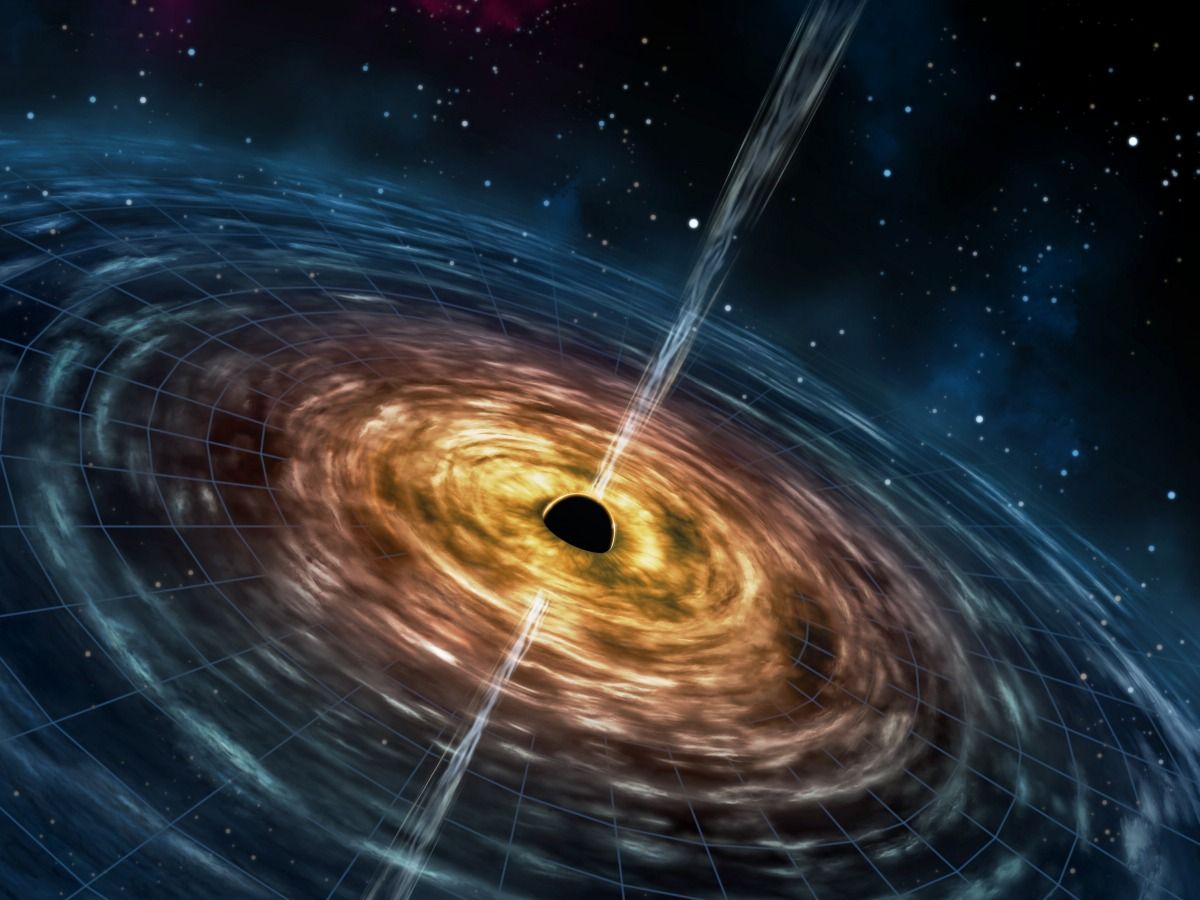Archive for the ‘physics’ category: Page 261
Oct 2, 2018
University of Michigan professor wins Nobel Prize in Physics
Posted by Genevieve Klien in category: physics
University of Michigan professor and Frenchman Gerard Mourou won a Nobel Prize in Physics on Tuesday for work with lasers. (Photo: Getty Images)
Oct 2, 2018
Figuring out How Fast the Universe Is Expanding Might Require a New Type of Physics
Posted by Michael Lance in categories: physics, space
Sep 27, 2018
Illuminating Science
Posted by Genevieve Klien in categories: biological, computing, physics, science
Illuminating mathematics, physics, biology and computer science research through public service journalism.
Sep 23, 2018
Biggest Test Yet Shows Einstein Was Wrong About ‘Spooky Action at a Distance’
Posted by Genevieve Klien in category: physics
Sep 23, 2018
The Physics Of Why Timekeeping First Failed In The Americas
Posted by Genevieve Klien in category: physics
The world’s greatest clockmaker sent a clock to the new world, and everything went haywire. The reason why will shock you.
Sep 21, 2018
Build Small Nuclear Reactors for Battlefield Power
Posted by Klaus Baldauf in categories: nuclear energy, physics
Los Alamos engineers are working on a tiny, steel-encased core regulated by physics, not pumps.
Sep 18, 2018
Incredible strength of ‘nuclear pasta’ revealed in new simulations
Posted by Genevieve Klien in categories: cosmology, physics
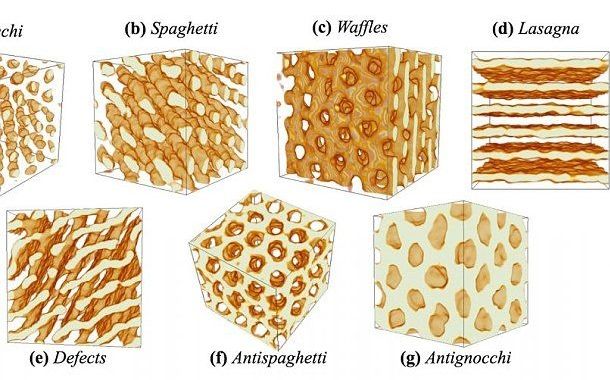
Researchers from Indiana University and the California Institute of Technology say the new simulations could help us better understand major astrophysical phenomena, such as gravitational waves.
‘The strength of the neutron star crust, especially the bottom of the crust, is relevant to a large number of astrophysics problems, but isn’t well understood,’ says Matthew Caplan, a postdoctoral research fellow at McGill University.
Continue reading “Incredible strength of ‘nuclear pasta’ revealed in new simulations” »
Sep 15, 2018
Roadmap of technological singularity
Posted by Steve Nichols in categories: physics, robotics/AI, singularity
https://paper.li/e-1437691924#/
Recently, we might often have heard of the term “technological singularity” with the hypothesis that accelerating progress in technological inventions will cause a runaway effect that will make ordinary humans someday be overtaken by artificial intelligence.
The term seems to be appeared very contemporary to this technology era but in fact, thought about singularity has a long philosophical history.
Sep 12, 2018
European science funders ban grantees from publishing in paywalled journals
Posted by Derick Lee in categories: business, physics, science
The move means grantees from these 11 funders—which include the national funding agencies in the United Kingdom, the Netherlands, and France as well as Italy’s National Institute for Nuclear Physics—will have to forgo publishing in thousands of journals, including high-profile ones such as Nature, Science, Cell, and The Lancet, unless those journals change their business model. “We think this could create a tipping point,” says Marc Schiltz, president of Science Europe, the Brussels-based association of science organizations that helped coordinate the plan. “Really the idea was to make a big, decisive step—not to come up with another statement or an expression of intent.”
Bold move is intended to trigger open-access tipping point.



